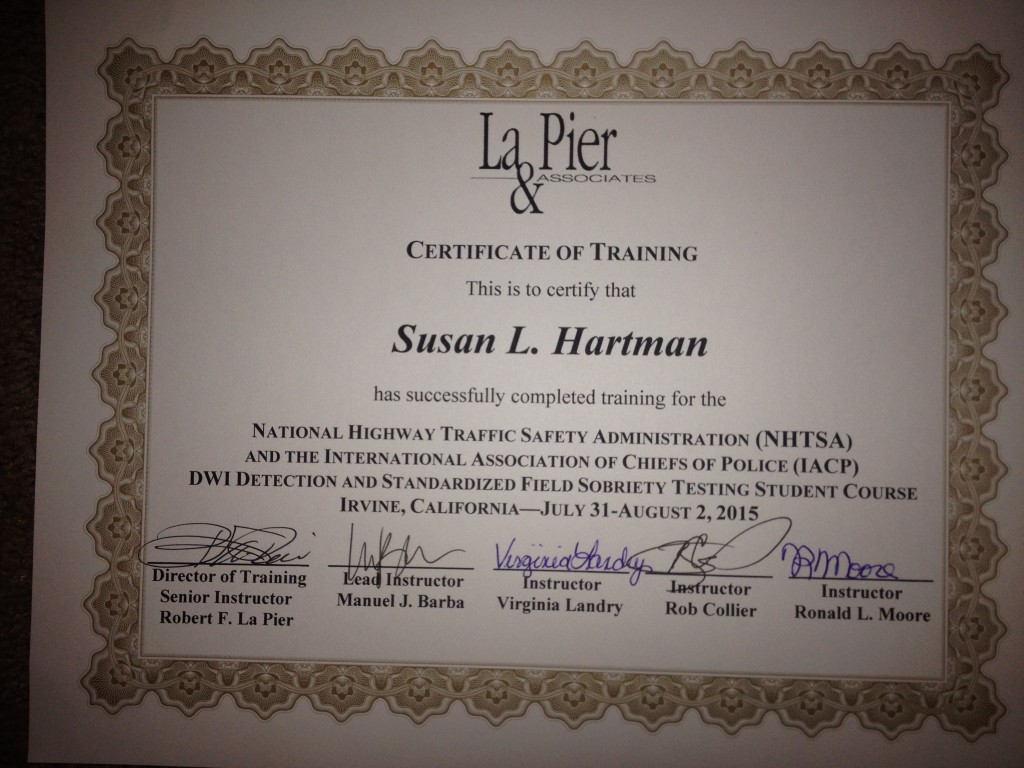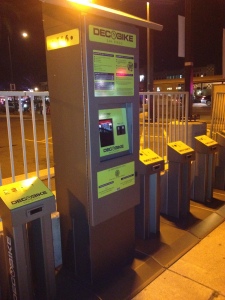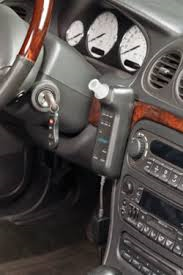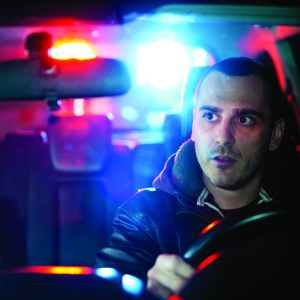If you are arrested for drunk driving in San Diego, you may be ordered to SCRAM, (which stands for “Secure Continuous Remote Alcohol Monitor”). The judge may include this in your sentence after you enter a guilty plea, after a conviction after a trial, or, any time before the conclusion of the case if the judge is concerned about public safety, recidivism, or your continued alcohol use. Typically, repeat offenders and cases involving high blood-alcohol content and severe accidents are ordered to abstain from all alcohol use and are often monitored by this program.
SCRAM is a bracelet that is worn on the ankle, 24/7, for the period of time ordered by the judge. You are also given a base station to plug into your landline telephone or internet router at home or work, which stores and transmits the data collected by the bracelet.
The offender is required to pay $100 to install the device, plus a daily fee of $15, paid two weeks in advance. This can be scaled from $7 t0 $15, depending on the offender’s ability to pay. They accept cash, checks, money orders, and all major credit cards.
 San Diego DUI Lawyers Blog
San Diego DUI Lawyers Blog










